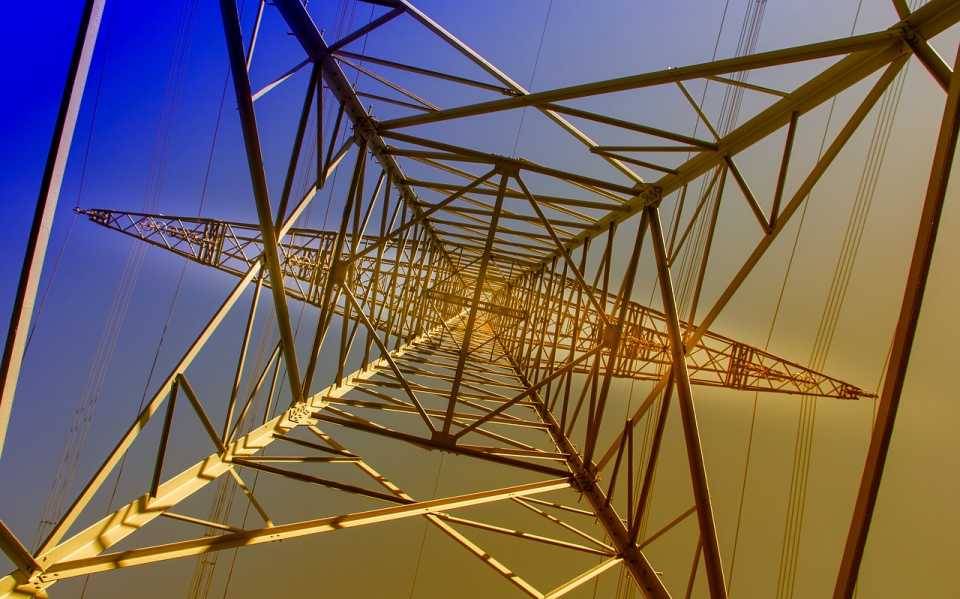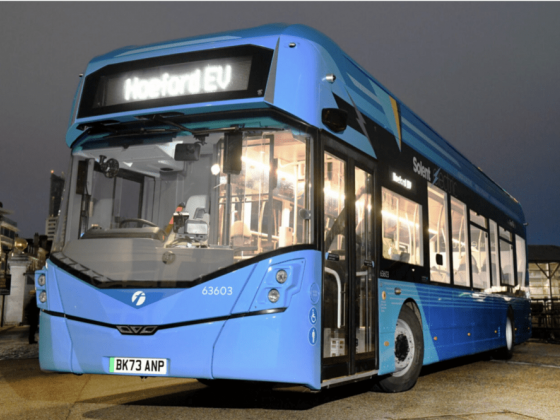Use gas grid to store hydrogen produced from excess renewables, report says

More should be done to promote the use of hydrogen as a way of storing energy, which would make the UK energy system greener and more efficient, according to a new report by the Institution of Mechanical Engineers.
Technology could be used to allow the gas grid to be used to store excess electricity, in the form of hydrogen, which would tackle one of the major barriers of expanding renewable power in the UK.
The recommendation is made in the report, ‘Energy from Gas: Taking a Whole System Approach’, which outlines ways that gas could be used to make the UK energy system greener, cheaper and more efficient.
The report calls for more support for power to gas technology, which is when excess electricity on the National Grid, from either high levels renewable generation or low demand, is used to create hydrogen through electrolysis. This can be used locally, or injected into the gas grid at a low hydrogen concentration. Apart from producing ‘green’ gas, it can also be used to balance the electricity grid.
The UK gas grid has the potential to store excess electricity in the form of hydrogen, for a greater amount of time than some other forms of energy storage, such as batteries. This hydrogen can then be used in all areas of the energy system producing low emissions fuel for transport, for example.
“We need to move away from our wasteful culture to a more sustainable and circular economy. Power-to-gas and hydrogen technology could and should play a major role in building this future,” said Dr Jenifer Baxter, Head of Engineering at the Institution of Mechanical Engineers and lead author of the report.
The report makes three recommendations for how power to gas technology could be used to transform the UK energy system.
The first is for government to commit to creating an industrial forum that brings together the nuclear, renewable power and gas sectors to promote the generation and storage of hydrogen for use across the UK energy system in heat, transport, power generation and heavy industry.
The second recommendation is for government to work with the gas industry to promote the use of up to 20% hydrogen in the gas distribution network including change in pipes and materials by 2023. Funding programmes and demonstration sites are crucial to decarbonising gas.
The final call is for UK Government to commission a comprehensive comparative study of the long-term sustainability of materials used to create lithium ion EV batteries versus power-to-gas/ gas systems and fuel cells, to identify appropriate technology and life cycle approach. By understanding this more clearly, UK Government can make evidence-based investment decisions that meet the requirements of sustainable development in the transport and heat sectors.



